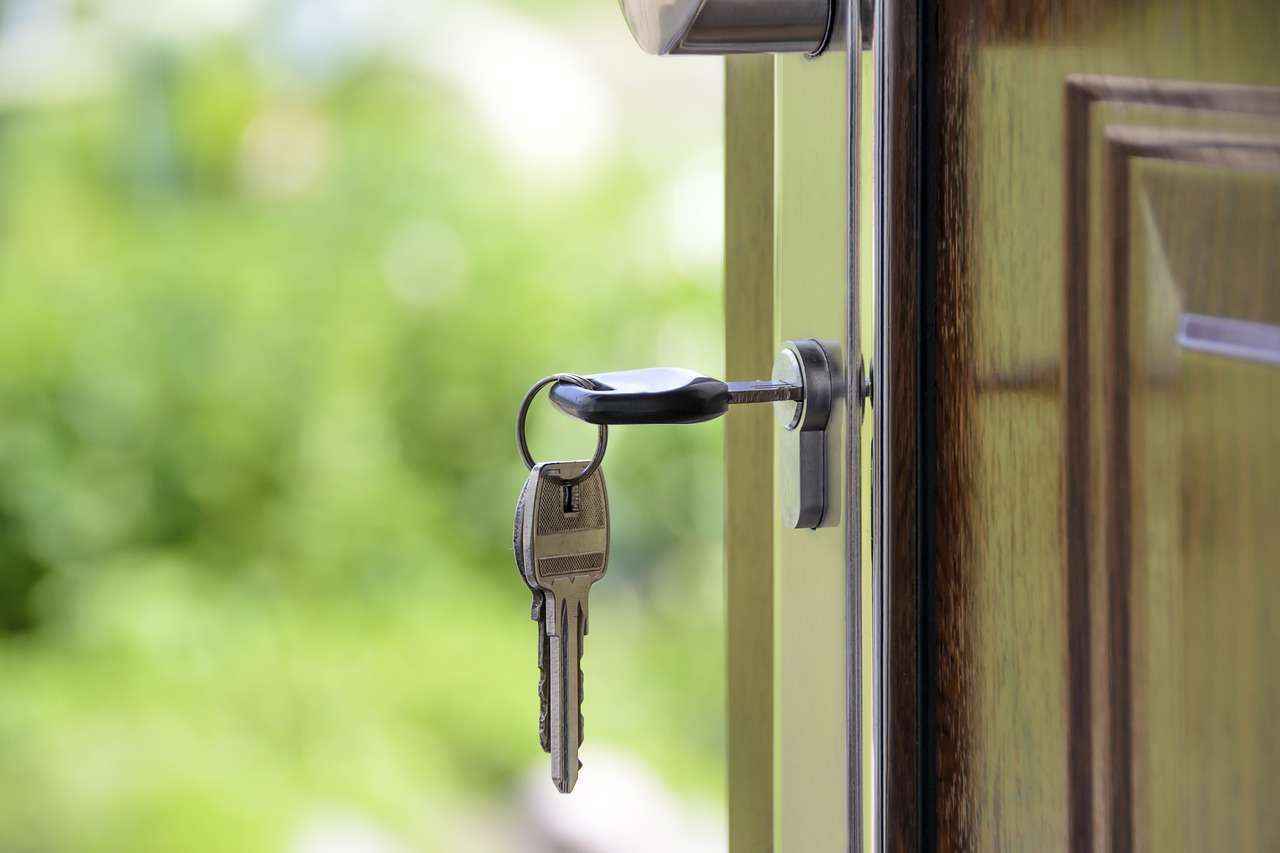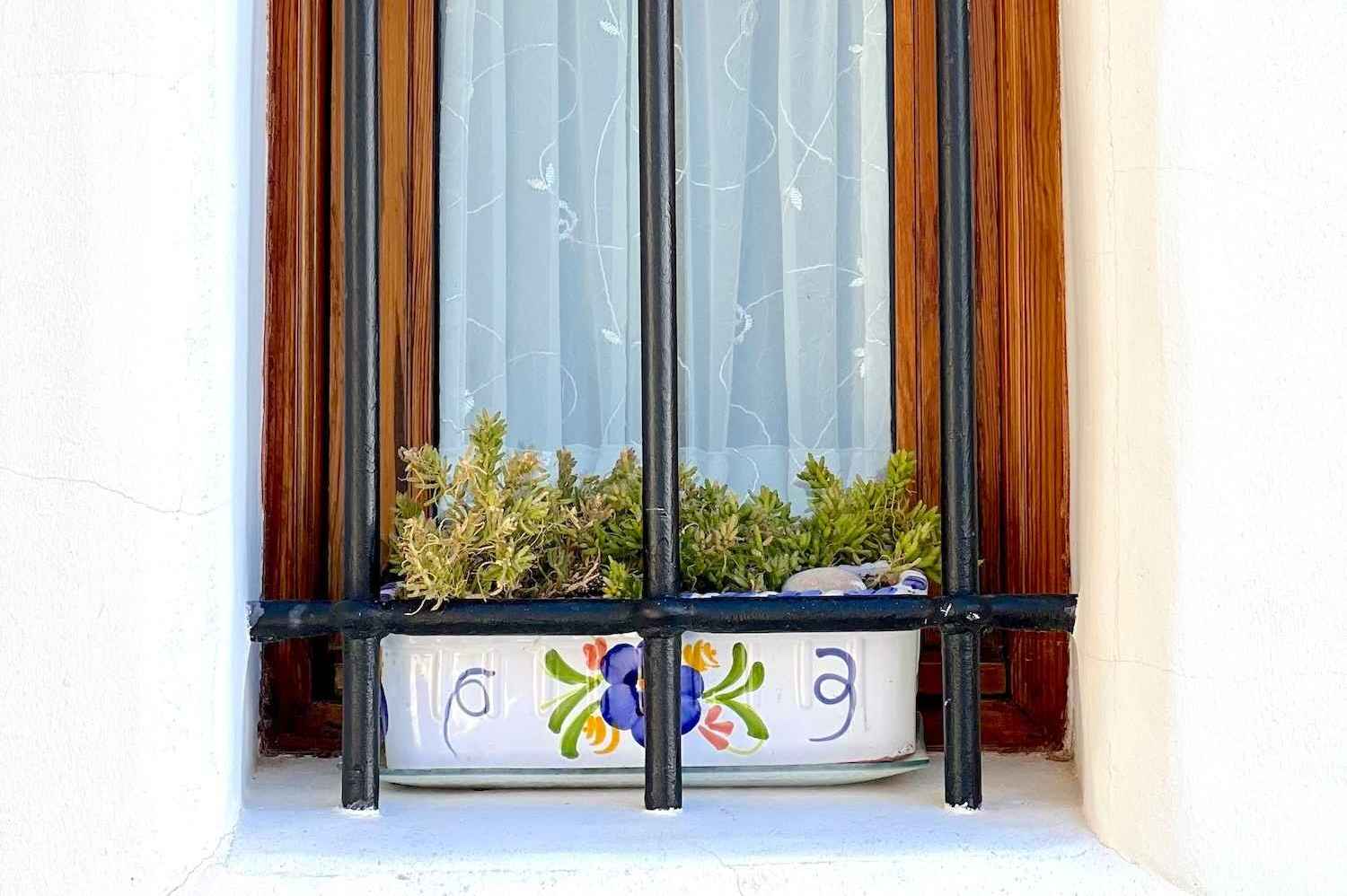How to take out a mortgage in Spain?
Loans for these profiles usually finance a smaller amount and have higher interest rates, as they carry more risk for the banks.
Mortgages for foreigners living in Spain, or Spaniards residing in another country, have some differences with respect to ordinary mortgages granted to Spanish citizens residing in Spain. For example, they allow financing of up to 70% of the property, compared to 80% of ordinary loans, they tend to have higher interest rates and require a multitude of documents. However, this does not mean that these profiles cannot access bank financing to buy a house. We review everything you need to know about this:
- The importance of tax residency
- Why are mortgages for foreigners and non-residents different?
- Differences between resident and non-resident mortgages
- How much money do you get with a mortgage for foreigners?
- How much interest is paid on a non-resident mortgage?
- Documentation to apply for a mortgage for foreigners
- How to apply for a mortgage as a foreigner but with residence in Spain?
- Do you want to buy a house in Spain but live abroad?
The importance of tax residency
When buying a house and taking out a mortgage in Spain it matters little whether you are Spanish or not. In fact, the most important thing to bear in mind is where your tax residence is located. That is, the place where you pay most of your taxes. If you have your tax residence in Spain, it is quite easy to access an ordinary mortgage. On the other hand, if you have your tax residence in another country (either because you are a foreigner or because you are a Spanish expatriate who works and spends most of your life in another country), it will be more difficult to access ordinary loans, so you will have to apply for "mortgages for foreigners" or "mortgages for non-residents". These mortgages are offered by most Spanish banks, and are characterised by the fact that they are designed for people whose tax residence is outside Spain, although it is much easier under current legislation if the tax residence is within the Eurozone.Why are mortgages for foreigners and non-residents different?
The main reason for this is because in the case of a default, banks find it more complicated to activate concrete measures to recover the loan money. If the borrower's tax residence is in another country, the bank has fewer (or slower and more bureaucratic) means at its disposal to act against the borrower in case of default. For this reason, this type of mortgage is considered a higher risk product than ordinary mortgages and, consequently, has a number of differences that are worth knowing.Differences between resident and non-resident mortgages
Each mortgage product for non-residents and each bank may have its own characteristics. However, in most cases there are a number of elements common to these types of mortgages. These elements will affect the repayment terms, the amount of the loan and the interest to be paid.How much money do you get with a mortgage for foreigners?
An important difference to bear in mind is that, in the case of mortgages for foreigners, the loan will generally not exceed 60-70% of the value of the home (in the case of ordinary mortgages this amount usually rises to approximately 80%). This means that, in order to be able to buy a home in Spain by accessing financing through one of these mortgages, you must have saved approximately 40-50% of the total price of the house in question (30-40% of the price that the bank does not finance and an additional 10% for the payment of the expenses associated with the purchase-sale operation).How much interest is paid on a non-resident mortgage?
As non-resident mortgages are understood to be intended for second homes, the interest that is usually paid on these mortgages is higher than for conventional mortgages.Documentation to apply for a mortgage for foreigners
One of the most interesting aspects when applying for a mortgage for foreigners or non-residents is the documentation that we will need to carry out the process. The bank will ask for the following documents:- A photocopy of your NIE or passport.
- A certificate stating that you are not a resident.
- A copy of your work contract.
- A copy of your last pay slips from your country of residence.
- A bank statement covering the last year for the account into which your salary is paid.
- A certificate of tax residence.
- A tax declaration.
- The last three receipts for the cancellation of your outstanding debts.
- The purchase contract of the property you are going to buy (or the earnest money contract if you do not yet have a purchase contract).
- In many cases you will be asked to translate this documentation, it will depend on the entity and the language in which the documentation is in.








